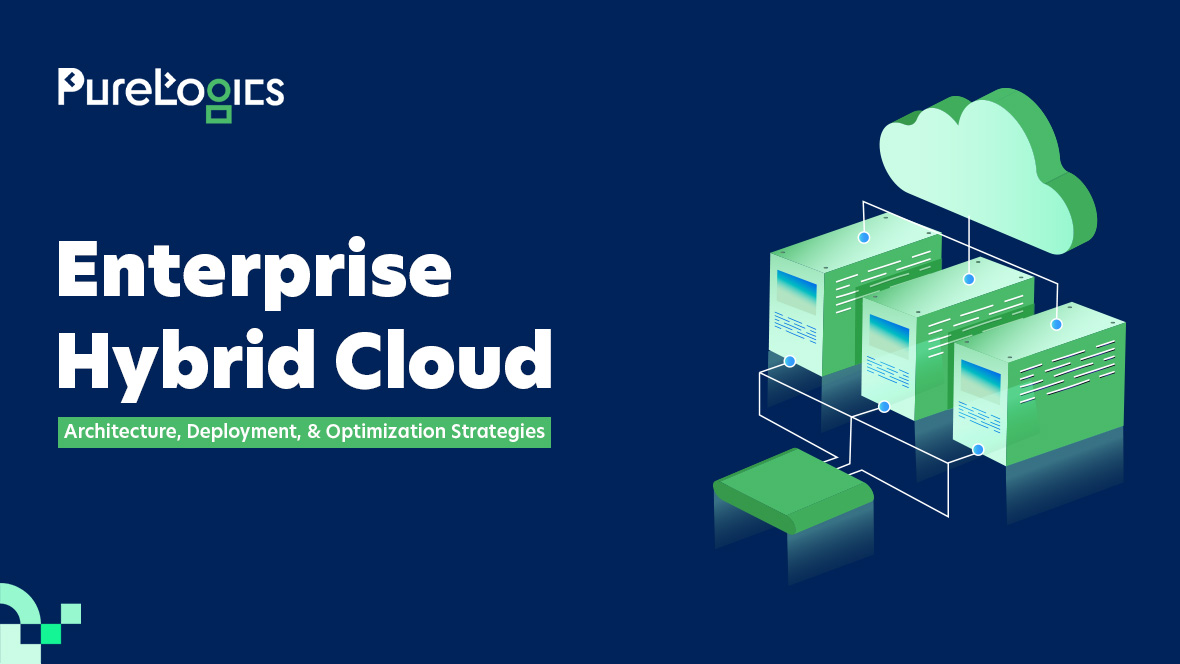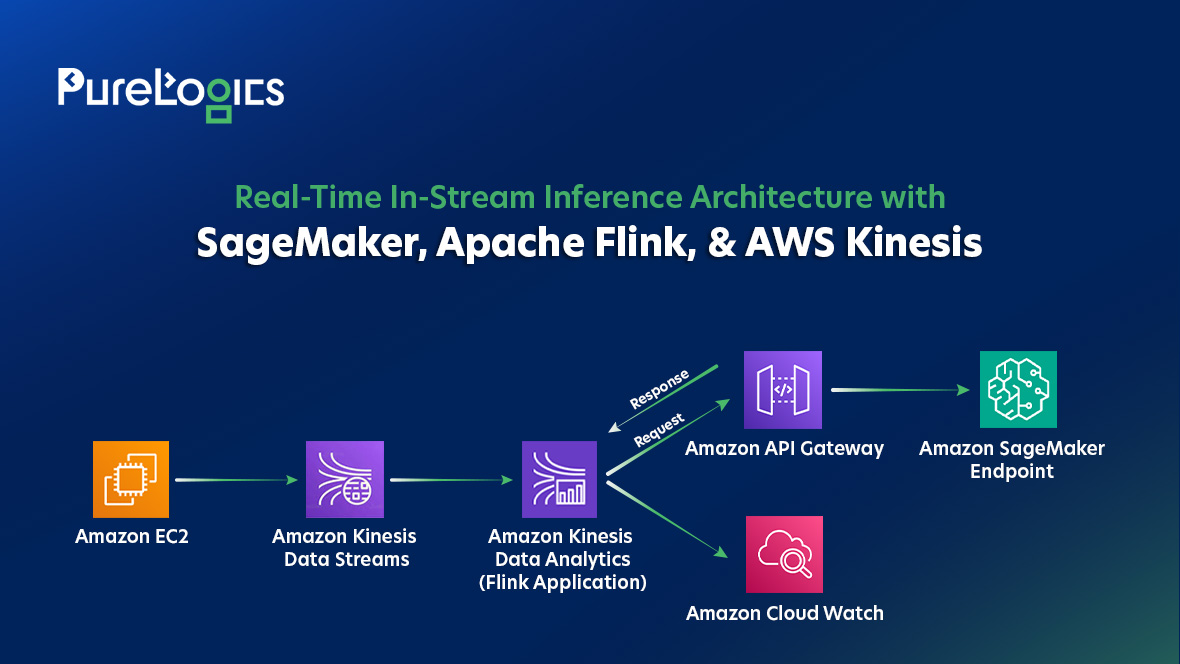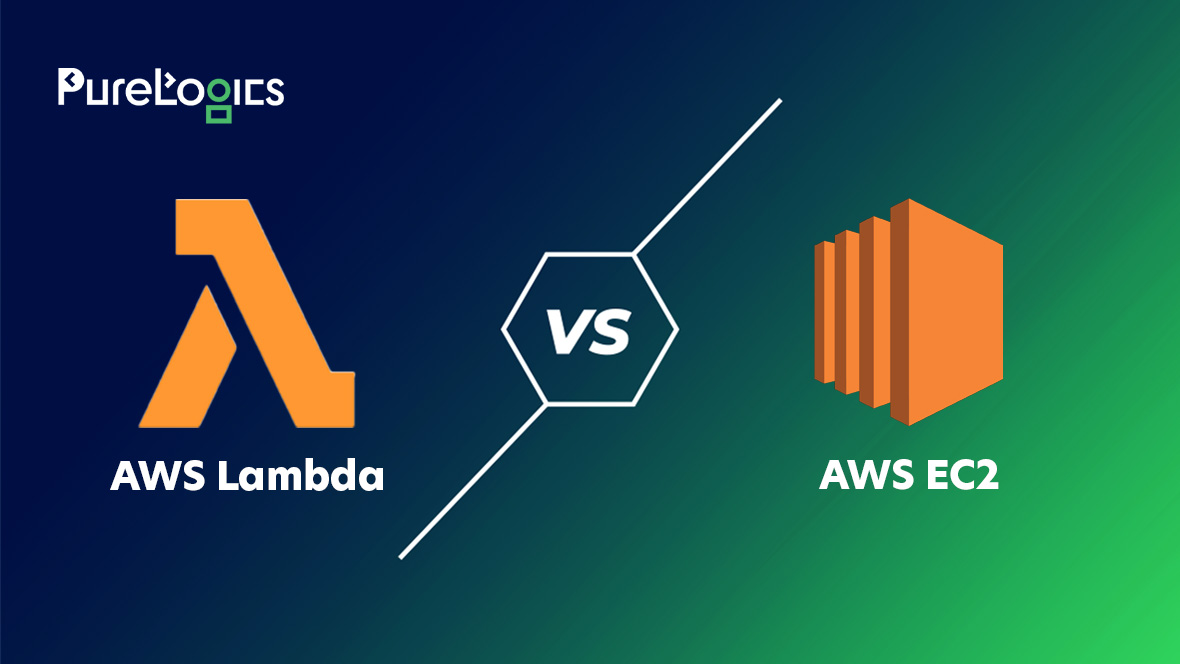The pharmaceutical industry is in the middle of a complete transformation. With the new DSCSA deadlines fast approaching, pharmaceutical companies are accelerating their efforts—and having a hard time—to meet the compliance requirements set by the Drug Supply Chain Security Act (DSCSA). The purpose of these provisions, to create an electronic, interoperable database system to identify and trace prescription drugs as they are disseminated throughout the United States, is no doubt an important one to ensure the safety of consumers. This does not, by any means, mean an easy transition, however.
While pharmaceutical companies are subject to so many provisions to handle certain situations, they still carry on with their job of doing research and developing life-changing healthcare treatments and solutions. The organizations will be successful in their business, but all it requires is a delicate balance between those different situations and requirements and research and development. But the fact is, they are unable to focus on any one area.
The good news for the pharmaceutical world is that modern cloud technology, including ERP (enterprise resource planning), is in a position to help them do away with these complex problems and challenges. Embracing cloud technologies could not only help pharmaceutical executives update their financial information and reporting processes to be in compliance with modern standards but also drive greater internal efficiencies and open up new horizons that pave the way for unprecedented, unparalleled innovation. Read on to learn about a few ways cloud technology solutions will change the pharmaceutical industry.
#1: Eliminating mindless tasks
This is one of the biggest fears out there right now: that automation is going to displace millions of jobs around the world. And this is true, as indicated by the latest predictions by PwC, an accounting and consulting firm: that 38% of jobs in the U.S., 35% in Germany, 30% in Britain, and 21% in Japan could be highly vulnerable to automation by the early 2030s.
But, unfortunately, what these statistical pieces of evidence do not show or tell about is that a large proportion of these jobs are those that primarily do not require human skills like creativity, empathy, or problem solving at all. In such instances, shifting the processes to cloud-based automation is like freeing up your employees and allowing them to concentrate on tasks that need high-level innovation. For example, product tracking is a practice that you would not want your employees to waste their energy on; rather, it’s easy with automated tools.
#2: Accelerating Data Collection and Processing
Data collection and processing have been highly inefficient processes up until recently. It was commonplace, in fact, to manually collect and track data, and these sorts of manual checks used to be a very time-consuming and troublesome job. With clinical trials involving hundreds or thousands of volunteers to evaluate a medical, behavioral, or surgical intervention, this could keep going for months or even years, thus delaying time and putting barriers to the patient benefit trajectory.
The cloud-based solutions, which enable the real-time collection of global data, have made processes a lot easier and faster, shortening the time frames to merely days. Not only this, but when these cloud-enabled automated processes of data collection are paired with new digital technology such as electronic diaries, biosensors, and wearable devices, they allow pharma companies and researchers to collect, access, share, and analyze data in completely new ways. When combined with an ERP system, the cloud can enable IoT devices and automate inventory management, supply chain tracking, and serialization.
#3: Leveling the Playing Field
There are so many instances where the cloud is leveling the playing field for small, emerging pharmaceutical companies, empowering them to leverage the same—or somewhat comparable—robust tools that were previously known to be used only by large, wealthy multinational pharmaceutical corporations.
Organizations with shoestring budgets definitely could not invest millions of dollars in their cyber-security programme to have a pretty safe and secure network. What they can do, however, is partner with cloud service providers who can easily dump in extra resources, R&D, and technology into any building with infrastructure. With cloud solutions, everyone now has the same computing environment, whether it’s a multibillion-dollar pharmaceutical company or otherwise. And before the cloud, nobody would have even considered this as a possibility.


 [tta_listen_btn]
[tta_listen_btn]
 November 8 2019
November 8 2019






